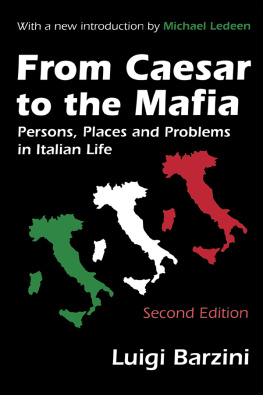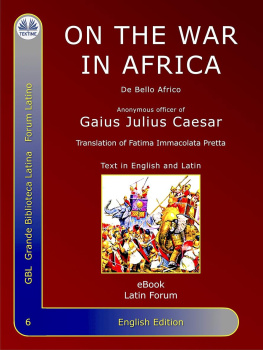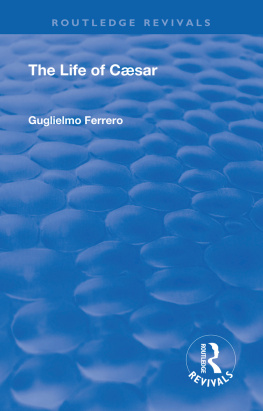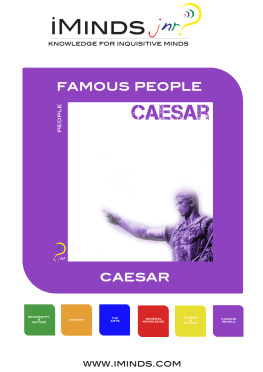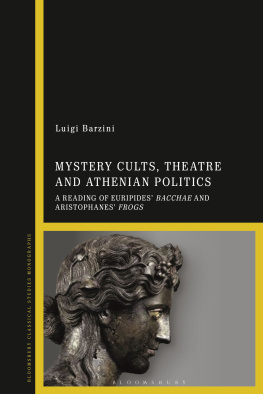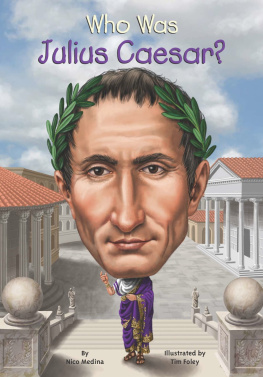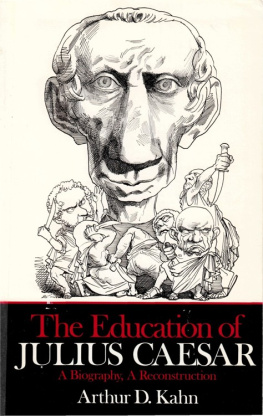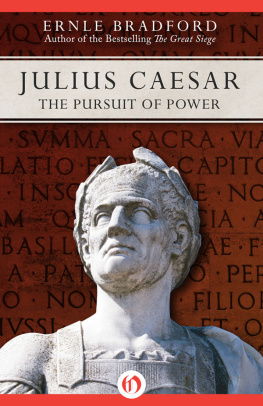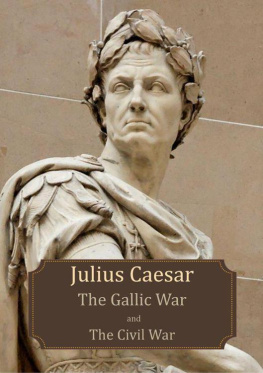Luigi Giorgio Barzini - From Caesar to the Mafia: Persons, Places, and Problems in Italian Life
Here you can read online Luigi Giorgio Barzini - From Caesar to the Mafia: Persons, Places, and Problems in Italian Life full text of the book (entire story) in english for free. Download pdf and epub, get meaning, cover and reviews about this ebook. publisher: Transaction Publishers, genre: History. Description of the work, (preface) as well as reviews are available. Best literature library LitArk.com created for fans of good reading and offers a wide selection of genres:
Romance novel
Science fiction
Adventure
Detective
Science
History
Home and family
Prose
Art
Politics
Computer
Non-fiction
Religion
Business
Children
Humor
Choose a favorite category and find really read worthwhile books. Enjoy immersion in the world of imagination, feel the emotions of the characters or learn something new for yourself, make an fascinating discovery.
- Book:From Caesar to the Mafia: Persons, Places, and Problems in Italian Life
- Author:
- Publisher:Transaction Publishers
- Genre:
- Rating:5 / 5
- Favourites:Add to favourites
- Your mark:
From Caesar to the Mafia: Persons, Places, and Problems in Italian Life: summary, description and annotation
We offer to read an annotation, description, summary or preface (depends on what the author of the book "From Caesar to the Mafia: Persons, Places, and Problems in Italian Life" wrote himself). If you haven't found the necessary information about the book — write in the comments, we will try to find it.
From Caesar to the Mafia is not only about people, but also focuses on places and problems. When Barzini discusses the Sicilians, the Isle of Capri, or his birthplace of Milan, he has the distinct capacity to capture what is universal as well as what is intimate in each place. An innate sense of psychological profiling enriches these intimate sketches. Because Barzini had such a keen appreciation of Anglo-American culture he emphasizes people and places known to travelers to Italy, as well as readers of Italian literature. What makes the volume so special is Barzinis careful maneuvering between sentimentality on one side and brutality on the other.
Italy is not only a state of mind for Barzini, but also a political culture. By discussing the exaggerated mannerism of Mussolini or the unusual capacity of Gramsci to grasp the principles of revolution making in an underdeveloped country, he helps us better understand the operations of fascism and communism as system and ideology. The final essays give voice to Barzinis ability as a political analyst. His examination of the Italian Communist Partys multiple personality disorders, the Christian Democrats as working compromise, the Mafia as a system of power designed not so much to kill as to intimidate and to rule in the absence of popular resistance, tells the reader about modern, postwar Italy. This is a volume not just to be read, but to be savored.
Luigi Barzini (1908-1984) was the author of an incomparable set of books on the United States, Europe, and Italy, including Americans are Alone in the World, and The Italians. He served as a foreign correspondent for Corriere della Sera, and later as a liberal deputy in the Italian Parliament. He was described by the late Cyril Connolly as a philosopher and master of the English language.
Michael Ledeen is a distinguished senior fellow at the American Enterprise Institute, and himself a learned scholar in Italian politics and letters. He has written widely on Machiavelli, DAnnunzio, and Italian fascism.
Luigi Giorgio Barzini: author's other books
Who wrote From Caesar to the Mafia: Persons, Places, and Problems in Italian Life? Find out the surname, the name of the author of the book and a list of all author's works by series.

